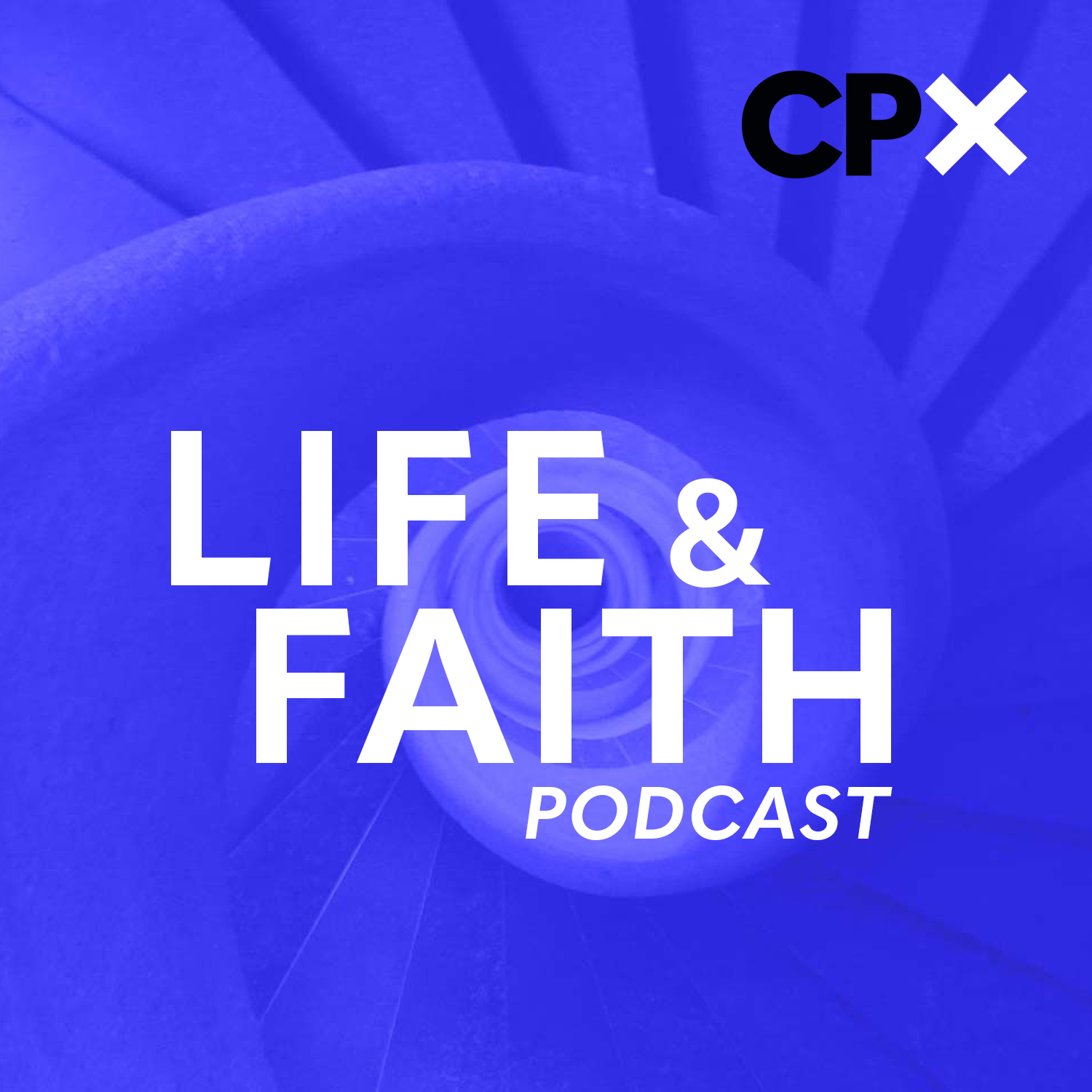The psychology of hope
Description
Hope feels scarce, but it’s not lost – and it’s within our power to be people of hope.
---
“I certainly have clients who are in their twenties who are saying to me, I will not have children because look at the world! So, the question is, where is the vision of hope?”
Clinical psychologist Leisa Aitken gets that hope seems in short supply right now. Daily headlines are a barrage of bad news – of wars and rumours of wars, politics in breakdown, the life support systems of the earth in crisis. Rising rates of poor mental health among the young show that the next generation is struggling. The future doesn’t seem all that bright.
We need collective action to address the world’s growing disorder. But who do we need to be in the face of our present hope crisis?
Leisa has been researching hope for the past decade. In this interview, fresh from her 2023 CPX Richard Johnson Lecture, she runs us through the psychology of hope, offering us tools to help us cope with the times in which we live.
Leisa also covers the limits of mindfulness, the correlation between hope and feeling connected to something bigger than the self, and what is within our power to do – right now – to be people of hope.
“It’s easy to spend our lives just in distraction. But we can surround ourselves with people who are going to help us bring about our hopes and we can have eyes to see the glimpses of what we hope for – and to be those glimpses,” Leisa said.
“The beauty of glimpses is we don’t have to change everything in the world to bring hope about. We need just a taste. Just a glimpse.”
--
Explore
Leisa’s website
The “sunny nihilism” article
Fancy some marriage advice from Leisa?
More on mindfulness from Leisa
More Episodes
Tim Winton talks to Life & Faith about his new novel Juice.
Tim Winton is one of Australia’s most loved writers. He is also well-known as an environmental activist and defender of landscapes and fragile ecosystems. And now, as a grandfather to 6 children, he is clearly deeply concerned about...
Published 11/13/24
Published 11/13/24
Living out one’s commitments and beliefs is the most political thing we can do, says theologian and public commentator Michael Jensen.
Politics, both here in Australia and around the world, feels increasingly existential as we angst over whether our political tribe, or the other side, will gain...
Published 11/06/24


